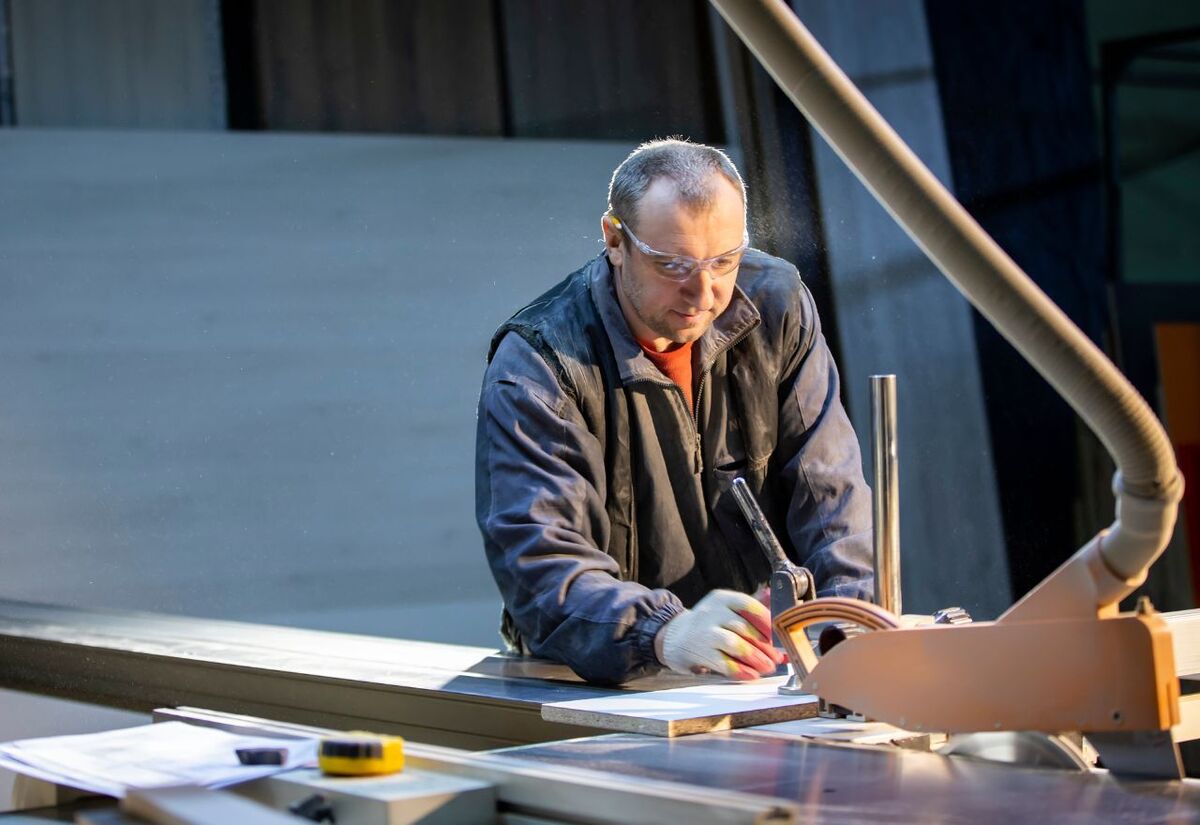Manufacturers Hopeful for Economic Recovery
Staff Reporter
01 May 2025, 12:00 AM
 Small Businesses Face Energy Cost Pressures
Small Businesses Face Energy Cost PressuresAlan McDonald, Head of Advocacy and Strategy at the EMA, shares insights from recent surveys showing growing optimism for economic recovery in the latter half of 2025.
While large manufacturers in New Zealand are optimistic, McDonald highlights that smaller manufacturers, including those on the Hibiscus Coast, continue to face significant hurdles.
These businesses are still grappling with the effects of the recession, with some forced to downsize to stay afloat.
Many local manufacturers have echoed these concerns in conversations with the EMA.
Rising energy prices have placed considerable pressure on manufacturers, especially those without long-term energy contracts.
As electricity prices continue to soar, smaller manufacturers are finding it harder to remain competitive, leading to reduced production and profitability.
In some cases, this has resulted in restructuring and layoffs.
The EMA AdviceLine team, which offers support to local businesses, has seen a record number of calls this year from manufacturers seeking advice on redundancies and restructuring.
As these processes unfold, McDonald predicts a slight rise in unemployment over the coming months, affecting businesses across wider region.
Despite these challenges, McDonald points to the resilience of manufacturers, many of whom are taking proactive steps to invest in their staff’s skills.
The EMA’s partnership with ASB to launch a nationwide series of workshops on Industry 4.0 technologies is one example of how businesses are adapting to future trends.
Local manufacturers are increasingly recognising the need to stay ahead by adopting new technologies and improving their workforce capabilities.
The EMA’s training programs, including leadership, digital skills, and safety courses, have seen a growing number of enrolments, particularly among manufacturers looking to improve productivity and safety.
However, McDonald acknowledges that a shortage of leadership capacity remains a challenge within the sector.
McDonald also advocates for a stronger depreciation regime to support investment in new technology and machinery, following successful examples in Australia.
He believes such changes could have a positive impact on local businesses, including those on the Hibiscus Coast, by enabling them to modernise their operations and boost productivity.
As local manufacturers continue to navigate these difficult times, McDonald stresses that investing in technology, upskilling workers, and creating better conditions for investment will be crucial for ensuring the long-term competitiveness of the Auckland manufacturing sector.

